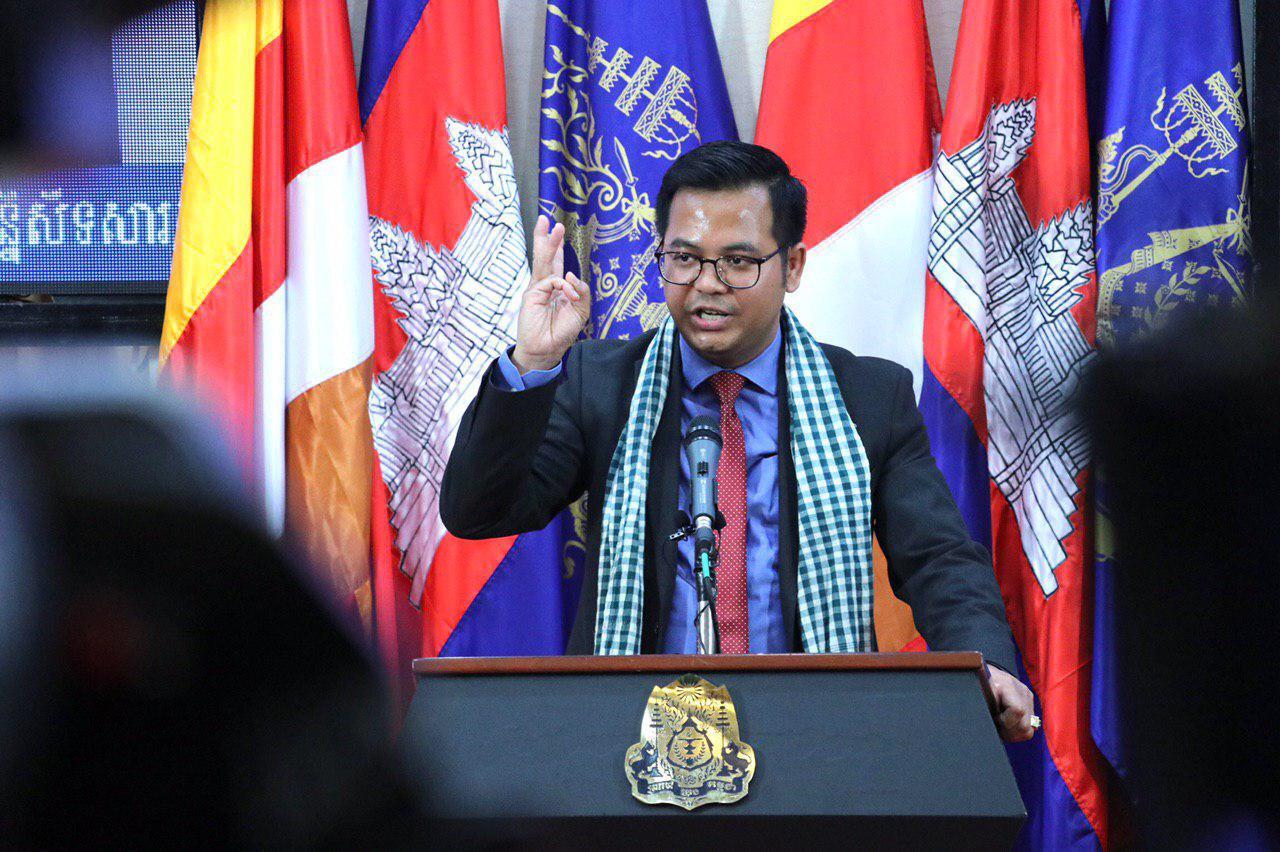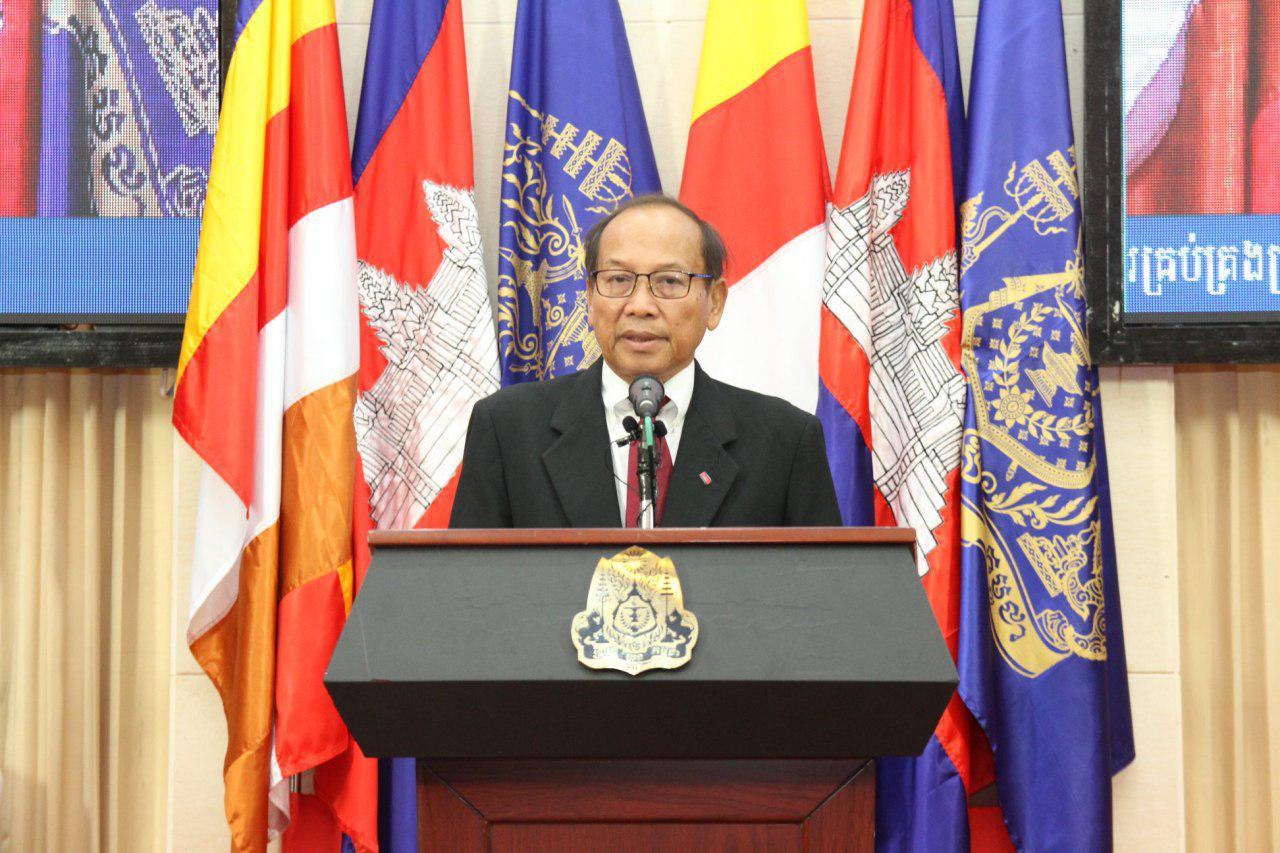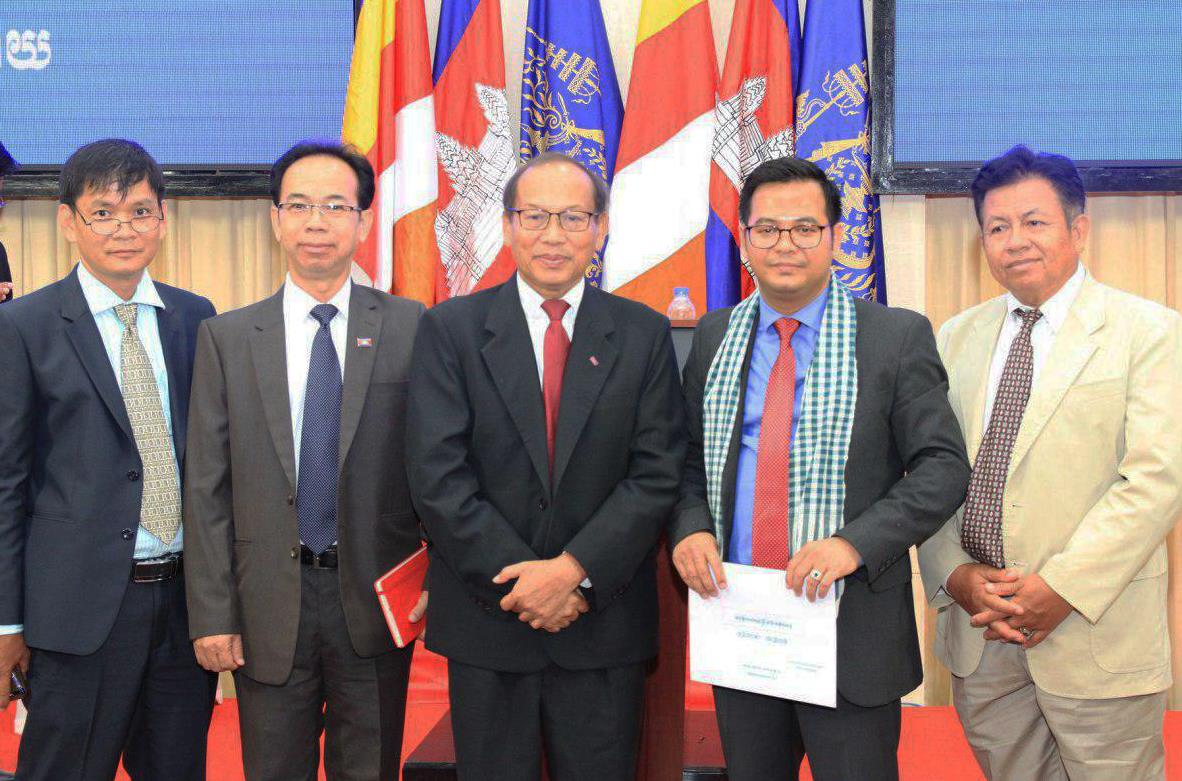Phnom Penh (FN), Apr. 22 – Justice Ministry Spokesperson Chin Malin said the statement of Professor Rhona Smith, special rapporteur on the situation of human rights in Cambodia, indicates that she lacks understanding on Cambodia’s law.
Responding to reporter’s question at a press conference held at the Council of Ministers on Wednesday, the spokesperson said: “I have seen the statement by Professor Rhona Smith. Her statement contains misleading elements.”
“She might not fully understand the content and objective of the Cambodia’s Draft Law on the Management of the Nation in State of Emergency (LMNSE). We prepare the law based on the principle of international human rights.”
Chin Malin said the LMNSE strengthens Cambodia’s rule of law and serves public and common interests.
The legislation is permissible by national and international human rights instruments, namely the Constitution (Article 22 new, Article 31, Article 86 and Article 102 new), the Universal Declaration of Human Rights (Article 29), and International Covenant on Civil Political Rights (Article 4).
The spokesperson underlined that the statement saying the law jeopardizes human rights is indicative of double standard and biased application of the human rights.
“Cambodia's action is not different from those of other countries around the world. At least 70 countries across the globe have declared state of emergency and lockdown measures to contain the spread of Covid-19,” Malin said.
The LMNSE was prepared in accordance with Article 22 of the Constitution, which stipulates that: “When the nation faces danger, the King shall make a public proclamation placing the country in a state of emergency after unanimous agreement from the Prime Minister, the President of the National Assembly, and the President of the Senate.”
Compared to other Asian and European countries, Cambodia’s Law on the Management of the Nation in State of Emergency is more lenient in terms of powers and punitive actions.
=FRESH NEWS










